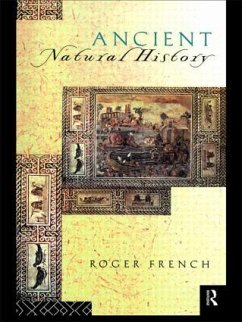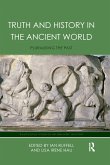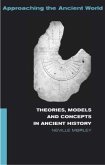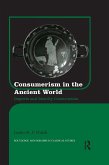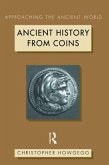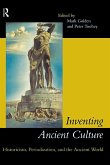Ancient Natural History surveys the ways in which people in the ancient world thought about nature. The writings of Aristotle, Theophrastus, Strabo, Pliny are examined, as well as the popular beliefs of their contemporaries. Roger French finds that the same natural-historical material was used to serve the purposes of both the Greek philosopher and the Christian allegorist, or of a taxonomist like Theophrastus and a collector of curiosa like Pliny. He argues convincingly that the motives of ancient writers on nature were rarely `scientific' and, indeed, that there was not really any science at all in the ancient world. This book will make fascinating reading for students, academics and anyone who is interested in the history of science, or in the ancient history of ideas.
Hinweis: Dieser Artikel kann nur an eine deutsche Lieferadresse ausgeliefert werden.
Hinweis: Dieser Artikel kann nur an eine deutsche Lieferadresse ausgeliefert werden.

